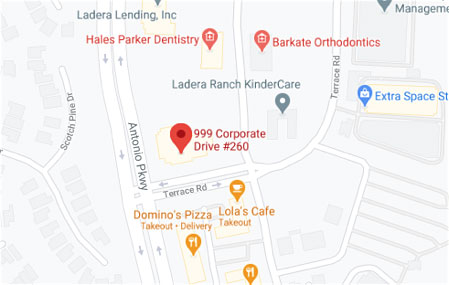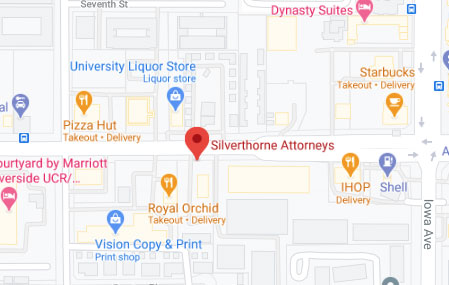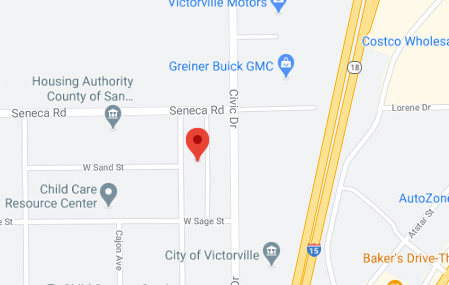In the moments after a bicycle accident, time can both slow down and feel like it has completely escaped you. If you are injured as a bicyclist due to the negligence of someone else, like a driver who hits you, there are certain steps that are very important for you to take. It is not uncommon to be flustered or even incapacitated if you are involved in a bicycle accident. You might not be thinking clearly, which is why it is crucial to educate yourself on necessary post-accident steps before you are ever involved in a bike accident.
But perhaps, you have recently been injured in a bike accident and you are looking for direction on what to do next. Even if you missed certain action steps immediately following your accident, the best time to educate yourself about the necessary steps moving forward is now.
There are a few things you should do as soon as possible right after a bike accident and other steps you should take in the days, weeks, and even months following the accident.
- Move off the road to a safe place: If you are physically able, move to a safe place, out of the roadway. Do not think that you need to remain in the exact place where you were hit until the police arrive, if staying in that place would expose you to further danger. However, stay at the scene of the accident until the police finish completing the accident report or until you are taken to the hospital to receive medical attention.
- Seek emergency medical attention immediately: Following a bike accident it is crucial to seek medical attention right away. Given the potentially cataphoric injuries that can result from a bike accident, you may have no choice but to seek medical attention, however, even if you do not believe you are injured, you should still be examined by medical professionals. Sometimes, right after an accident, an individual’s adrenalin is high and they do not realize that they are actually hurt. Furthermore, a medical examination could reveal injuries from which you are not yet experiencing symptoms, but that require medical treatment and monitoring, such as a concussion.
- Call the police: The police are likely to respond to your accident if you called for emergency medical attention, but it is important to ensure that they come to the scene of the accident and file a police report. A police report typically contains many important details about the events leading to your accident, parties involved, road conditions and traffic signals, and provides valuable information about the cause of the accident. All of these details will be important for any personal injury claim you file. Your attorney will use the police report to understand the facts involved in your case. This will be important evidence in proving that the other party was at fault for causing your injuries.
- Take photos: Gone are the days that you need to consider carrying around a disposable camera in your backpack or glove compartment to document the scene of an accident. Nearly everyone has a good quality camera within their mobile device that few of us leave home without.
After a bike accident, take photos of your bike, particularly the damaged areas and any places that are marked with paint from the vehicle that hit you. You should also take photos of all other vehicles involved, the street, nearby traffic signs and signals, and any visible injuries.
- Obtain witness statements: Witness statements can be invaluable evidence in support of your case. Often, bystanders who witness an accident have a different perspective on the events leading up to and immediately following the accident than those parties directly involved. Furthermore, they may be able to shed light on certain helpful facts to your case for which there is no physical evidence, like testimony that the driver passed through an intersection without stopping at a stop sign.
- Take notes: Even though it may be difficult to forget the events of a bike accident that left you seriously injured, our memories all fade and twist facts over time. You should document all details of the accident as soon as you can including what you were doing immediately before the accident, where you were going, when you first notice the vehicle that hit you, your immediate physical symptoms and any physical limitations you experienced. Recovering after a bike accident may be a long process. Continue to document your symptoms and physical limitations every day.
It is not recommended that you speak to an insurance adjustor directly, as this can result in a denial or undervaluation of your claim and is better left to an experienced personal injury attorney. However, if you have had any discussions with an insurance adjustor following your bike accident, you should record detailed notes of your conversation to give to your attorney.
- Follow-up on new or worsening symptoms: There are many injuries that can be caused by a bike accident that do not develop symptoms until days or weeks following a bike accident. You should regularly assess your physical condition and limitations, and report any new or worsening symptoms to your physician right away.
When you report new, worsening, or even ongoing symptoms to your physician, he or she will record them in your medical records, which can be used as evidence in your case. You may be entitled to greater compensation if the extent of your injuries is greater than initially determined or if you require additional or future treatment.
A bike accident can have a devastating impact on your life. If you or a loved one have been injured in a bike accident due to the negligence of another person, contact Silverthorne Attorneys today. Our team of knowledgeable and skilled personal injury lawyers have helped countless bike injury victims recover the compensation they are entitled to. For a complimentary consultation of your case, contact us today at (949) 234-6034.












